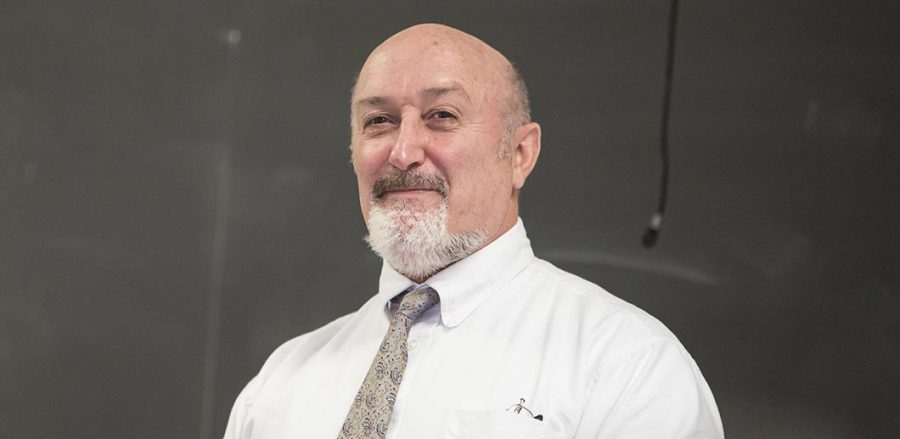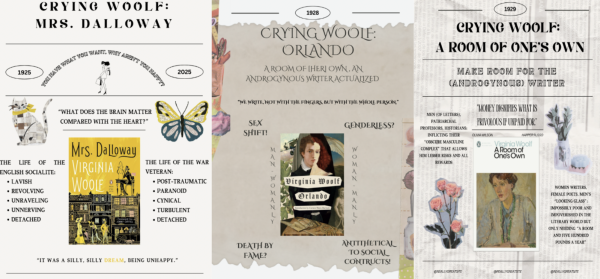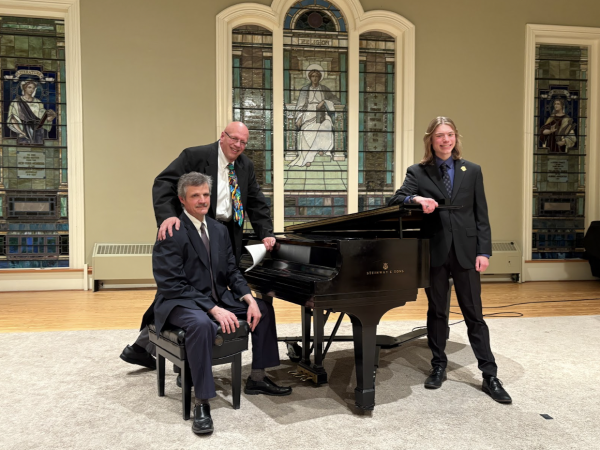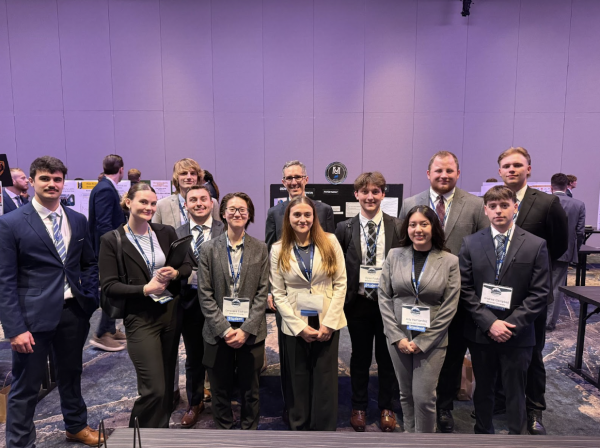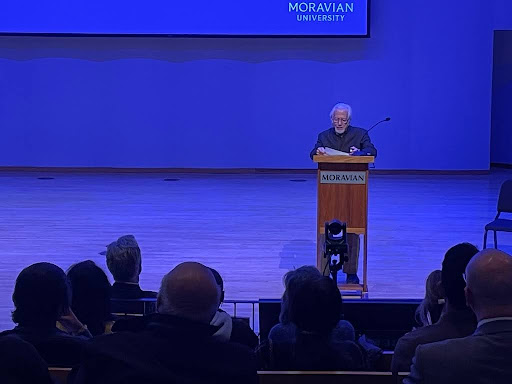Professor Spotlight: John Black
Dr. Black is a professor of English, as well as Moravian’s new English Department chair. His specialty is medieval English literature and culture. He has been working at the college for about 15 years. Dr. Black earned his B.A., M.A., and Ph.D. from the University of North Carolina at Chapel Hill.
What inspired you to go into your field of study?
I was inspired to go into medieval studies because I was always interested in studying things from a variety of perspectives. I liked literature, languages, history, science, etc., and medieval studies requires you to be multidisciplinary. Also, when I began to travel, I was attracted to the architecture, art, history, and other material products of the Middle Ages.
What research are you currently working on?
My specialty is hagiography, which is the study of saints’ lives and their stories. To modern audiences, they may not be appealing, but in the Middle Ages, they were widely popular. In some ways they were like pulp fiction because everyone read them for entertainment or moral education. Within that, I work on the constructions of sanctity. So, I’m interested in how stories and images that were constructed about a given saint changed over time, as well as what those changes represent in terms of cultural values. Recently, I’m interested in ecocriticism and thinking about the use of setting and landscape in saints’ lives. I’ve also been focusing on the appropriations and misinterpretations of the Middle Ages.
What do you think is the most recent important development in your field of study?
One of the most important developments is the consideration of who has a voice in articulating what the Middle Ages were about and what that legacy looks like, as well as whether that’s one particular narrow way that suggests a thread of cultural development or whether it’s much more multicultural and interwoven. So, I’m interested in participating in that discourse as a way of reasserting the truth. In addition, the field of medieval studies has become more diverse in terms of the people participating; this has brought more perspectives to the field.
What job would you have if you couldn’t be a professor, regardless of salary and job outcome? Why?
I’d love to be a composer. I love music, but I don’t know anything about theory or composition. I listen to music constantly, it fascinates me, and I can’t imagine life without it.
What do you know now that you wished you knew when you were in college?
I wish I’d known that the years would pass so quickly! You’re thirty or forty before you realize what’s happened!
What is your biggest student pet peeve?
I say this while understanding that I may assign more readings than others do and that students have very busy lives, which I sympathize with. A simple pet peeve is when students don’t do the readings well or don’t do them at all.
What was the last streaming show that you binge-watched or the last good book that you read?
I like to go on YouTube and watch Sci-Fi shorts. DUST is a channel that collects shorts from both amateur and professional people. Some of them are fantastic; some of them are total duds. A couple of good books that I’ve read recently are The Solace of Fierce Landscapes by Belden Lane and Strange Beauty: Ecocritical Approaches to Medieval Landscape by Alf Siewers.
What is something interesting about you that most people don’t know?
I’m not Scottish! I also got my undergrad degree in biology.
What’s your spirit animal and why?
Probably a wolf because that’s my nickname.
What is the coolest place you’ve traveled to?
The Scottish Isles because of the landscape, sense of history, culture, simplicity, and people.


